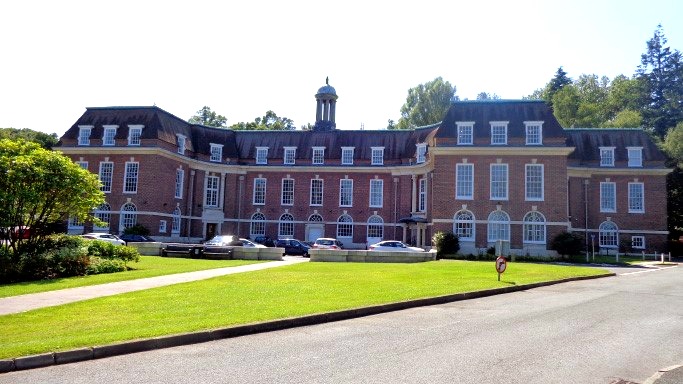Keynote: Looking at the past, present and future of the CEFR around the globe – from the CEFR to a CGFR?
In my talk, I will take you on a journey around the globe, in order to trace the impact the CEFR has had, is currently having, and may in the future have in different regions around the world. Based on a literature review, and based on a series of interviews that I am currently conducting with international assessment specialists, I will analyse to which extent the CEFR was or is being used in language education and assessment. We will explore different approaches and attitudes to the framework, challenges and benefits of adopting or adapting it, common (mis)interpretations of what the CEFR is and what it can do for us, as well as the impact the CEFR has (had) on language education, assessment and evaluation, teacher training, and language policies around the globe. I will round off my talk by a look into the future, presenting recommendations such as on how to implement the CEFR in different contexts, how to complement the rich resources around the CEFR to make them more accessible. Finally, I would like to discuss with you whether and how the “European” Framework could be turned into a Common Global Framework of Reference.
Claudia Harsch
Claudia Harsch is a professor at the University of Bremen, specialising in language learning, teaching and assessment. She has worked in Germany and in the UK, and is active in teacher training worldwide. Her research interests focus on areas such as language assessment, language and migration, the development of language assessment literacy, and the implementation of the CEFR. Claudia is the current president of the International Language Testing Association, and was president of the European Association of Language Testing and Assessment from 2016-2019.









